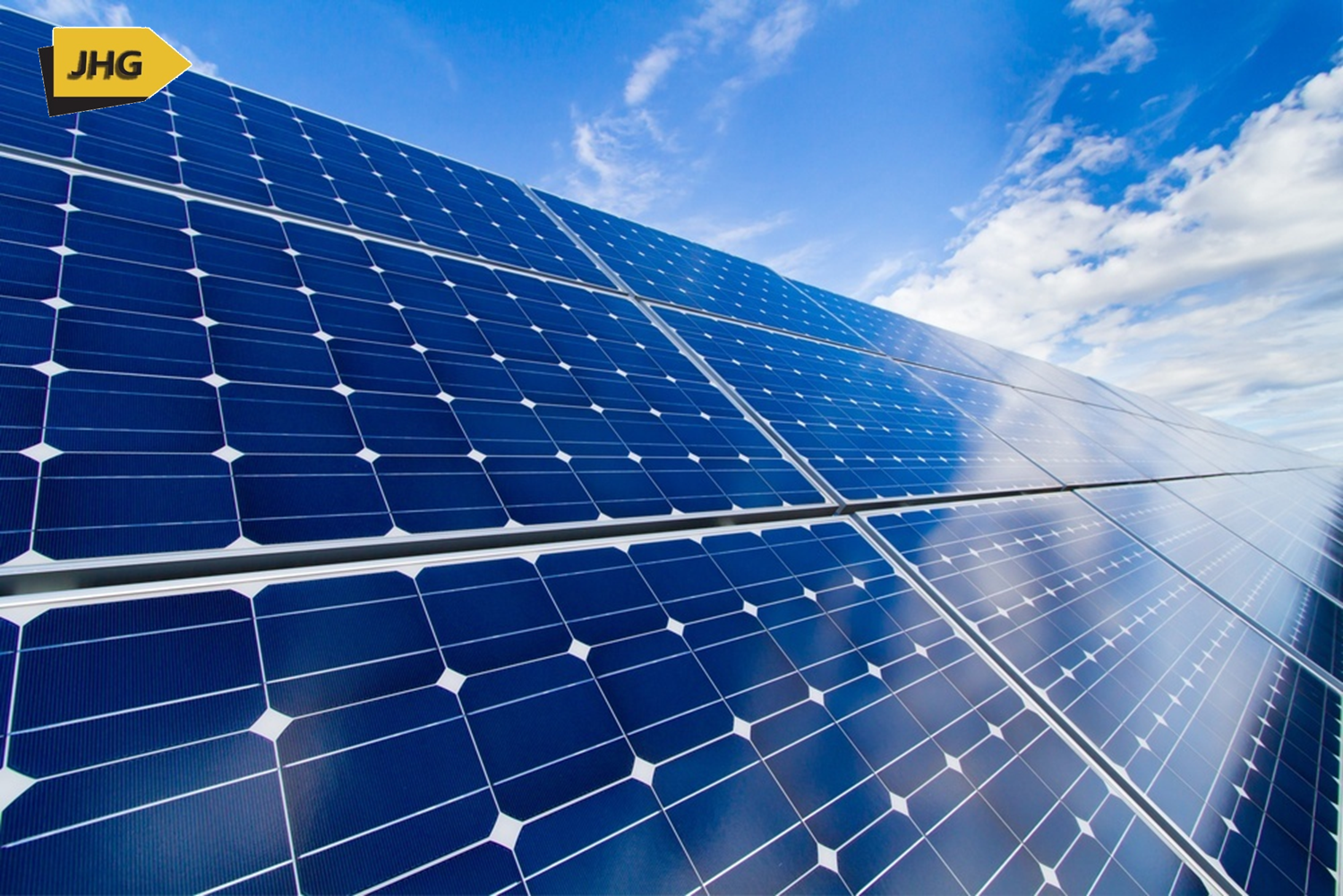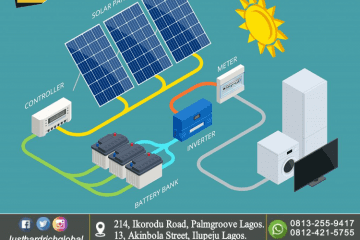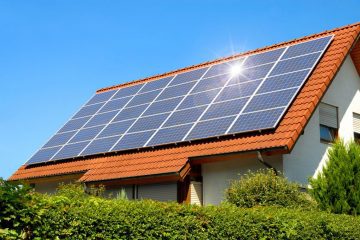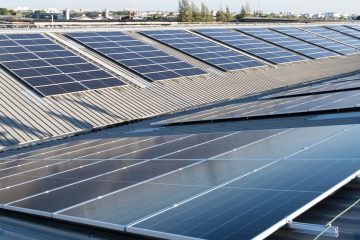If you’re in the process of looking for a new property and have come across houses that have solar panels and you’re interested in purchasing the property but aren’t sure if you should? You’re in the right place.
We will not be talking about exchanging solar panels for a house, though it might be an interesting topic. However, keep reading to know if this is a suitable property investment for you.
Will you actually own the solar panels?
The question of whether the solar panels installed on the roof of the house you’re renting belong to you arises regularly. Even though these panels are attached to the roof of your house, they will not necessarily belong to you.
Under the Rent-a-Roof scheme introduced in the 2010 Feed-in Tariff (FiT), homeowners could grant a lease of a duration of typically 25 years to third-party companies.
This lease allowed the companies access to homeowners’ roofs, where they installed the panels for free. Even though it was popular during the early 2000s, these schemes have disappeared nowadays.
However, those properties that agreed to the terms of the scheme when it was active will have to continually abide by the terms provided while agreeing to the lease.
Thus, making all and any subsequent property owners liable for any legal actions if the lease terms are not met.
Will you be able to get a mortgage on the property?
You can mortgage the property with installed solar panels, but some conditions will have to be met. If you’re concerned about remortgaging your property because of the solar panels installed on the roof. Here are some options of the possibilities of properties with panels.
1) There is no outstanding lease.
In this scenario, the panels have been bought and are now owned by the homeowner. Since there are no binding legal terms for the panels, the application procedure should be completed without any hiccups.
However, keep in mind the homeowner should provide evidence of a warranty so that you can apply for insurance to cover the solar panels.
2) There is a lease.
In this scenario, you may face a few issues while trying to apply for a mortgage. Since the lease for the panels is still active, you will need to ensure the lenders are satisfied with the terms of the contract.
If they are, you can proceed with the application process. But, a clause may be added stating that the property owner will be responsible for repairs for the panels.
3) Removing the panels.
Here, you’ll need to negotiate the price for the property since this option entails asking the existing owner to have the panels removed and have the roof repaired as part of the cost of sale.
This is crucial since it can affect the stability of the existing roof structure. When the solar panels are removed, see to it that the roof is restored to a stable condition.
Moving into a house with solar panels
- Be aware of the Feed-in Tariff; a form will need to be filled and signed by the previous owners during the transfer of ownership. You’ll have to retain the contact details of the previous owners until the transfer is approved.
- Once this is completed, you have to send a clear labeled reading of the generation meter to your electricity provider once a quarter.
- Make sure you receive all the paperwork for the warranty for the panels. You should also ask for the login details for the monitoring portal.
- The panels should be monitored periodically in order to make sure they are functioning properly. You should do a thorough check right after the transfer of ownership is complete and do it regularly.
- Make sure that the inverter and battery pack is not installed in the bedroom.
Conclusion
Even though the concept of renewable energy has been discussed and talked about for a few decades now. But, people still hesitate to make the switch.
However, the use of solar energy is slowly on the rise. If you’re interested in a property with solar panels installed, maybe you should consider getting it. This is because a working solar PV system adds many long-term benefits to the property and your life.




